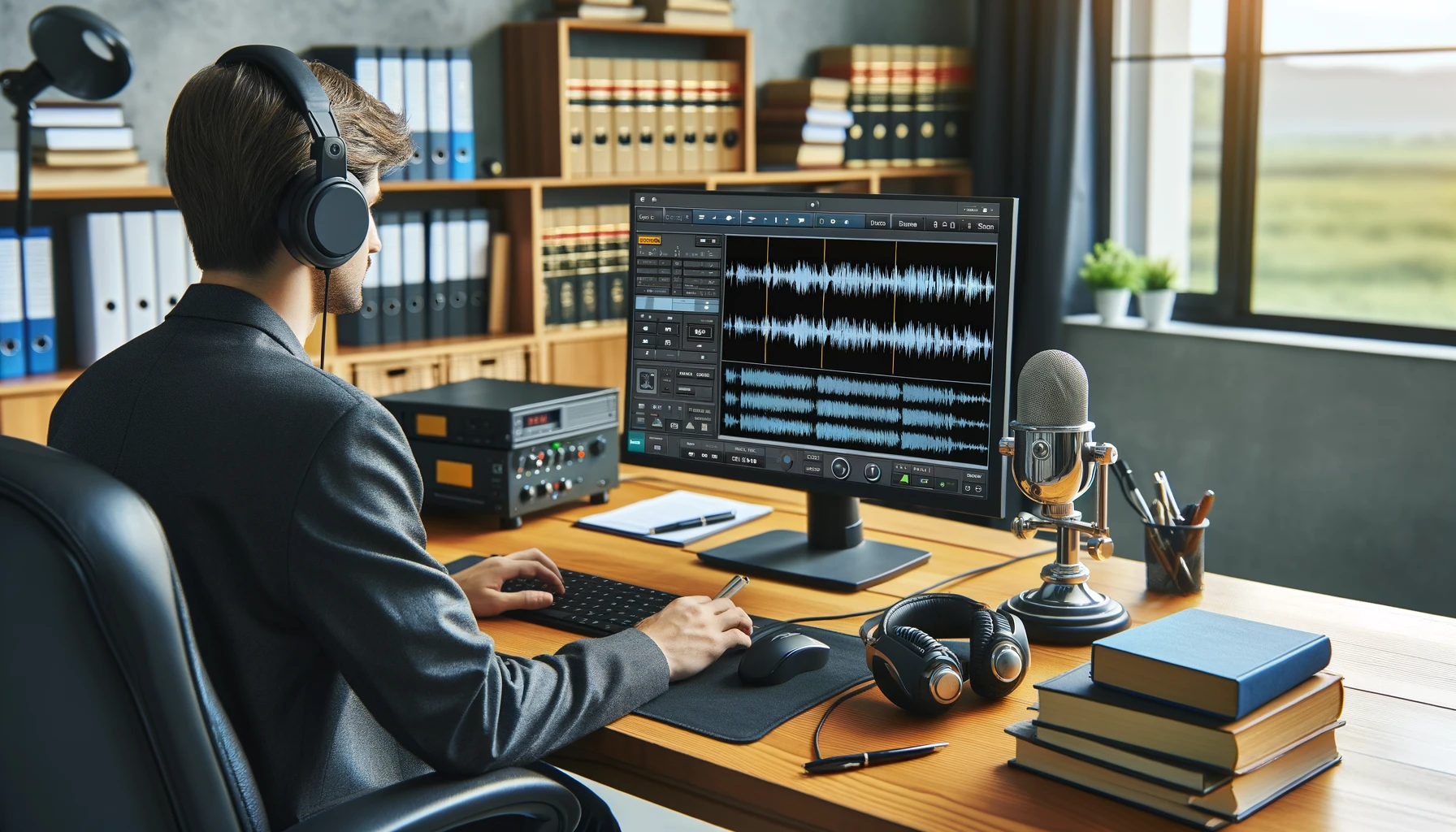In the legal field, the importance of accurate documentation cannot be overstated. Legal transcriptionists in Seattle play a crucial role in ensuring that every word spoken in a courtroom, deposition, or legal meeting is captured precisely. This article explores the best practices employed by legal transcriptionists in Seattle to ensure accuracy and reliability in their work, the common challenges they face, and how they overcome these obstacles.
Importance of Accuracy in Legal Transcription
Legal transcription involves converting audio or video recordings of legal proceedings into written text. The accuracy of these transcriptions is vital as they serve as official records that attorneys, judges, and other legal professionals rely on for case preparation, evidence review, and legal documentation. Errors or inaccuracies in transcripts can have serious implications, potentially affecting the outcome of legal cases.
Common Challenges in Legal Transcription
Legal transcriptionists in Seattle often encounter several challenges that can impact the accuracy of their work:
- Poor Audio Quality: Background noise, overlapping conversations, and low-quality recordings can make it difficult to accurately transcribe proceedings.
- Complex Legal Terminology: Legal language is often complex and filled with jargon, making it challenging for transcriptionists to ensure correct spelling and context.
- Accents and Dialects: Transcribing speech from individuals with diverse accents and dialects can pose additional difficulties.
Best Practices for Ensuring High-Quality Transcriptions
To overcome these challenges and ensure accuracy, legal transcriptionists in Seattle follow several best practices:
- Using High-Quality Equipment: Investing in high-quality audio recording devices and noise-canceling headphones helps improve the clarity of the recordings.
- Continual Training: Regular training and professional development ensure that transcriptionists stay updated with the latest legal terminology and transcription techniques.
- Proofreading and Editing: After transcribing, a thorough review and editing process helps catch and correct any errors.
- Specialized Software: Utilizing advanced transcription software that includes features like speech recognition and time-stamping enhances accuracy and efficiency.
Tools and Technologies That Aid Transcriptionists
Several tools and technologies have become indispensable for legal transcriptionists:
- Speech Recognition Software: AI-driven software can transcribe speech into text in real-time, providing a preliminary draft that transcriptionists can then refine.
- Audio Enhancement Tools: Software that enhances audio quality helps transcriptionists better hear and transcribe spoken words.
- Secure Cloud Storage: Ensures that transcripts and recordings are safely stored and easily accessible to authorized personnel.
Case Studies and Examples of Successful Transcriptions
To illustrate the importance of accuracy, consider a recent case where a Seattle-based transcriptionist successfully transcribed a complex multi-party deposition with participants from various backgrounds. Despite challenges such as poor audio quality and multiple speakers, the transcriptionist employed advanced tools and best practices to produce an accurate and reliable transcript, which was instrumental in the case’s resolution.
